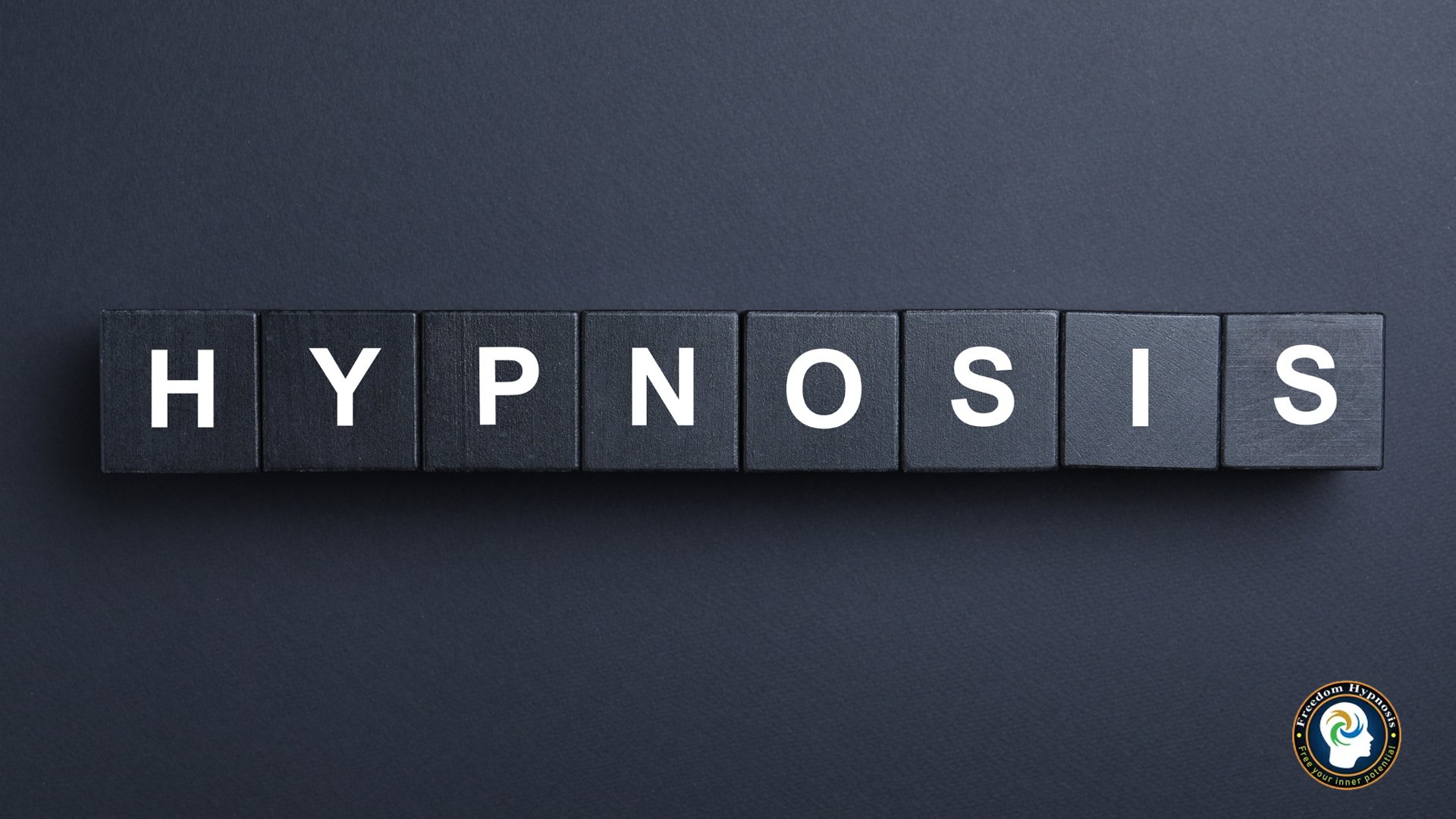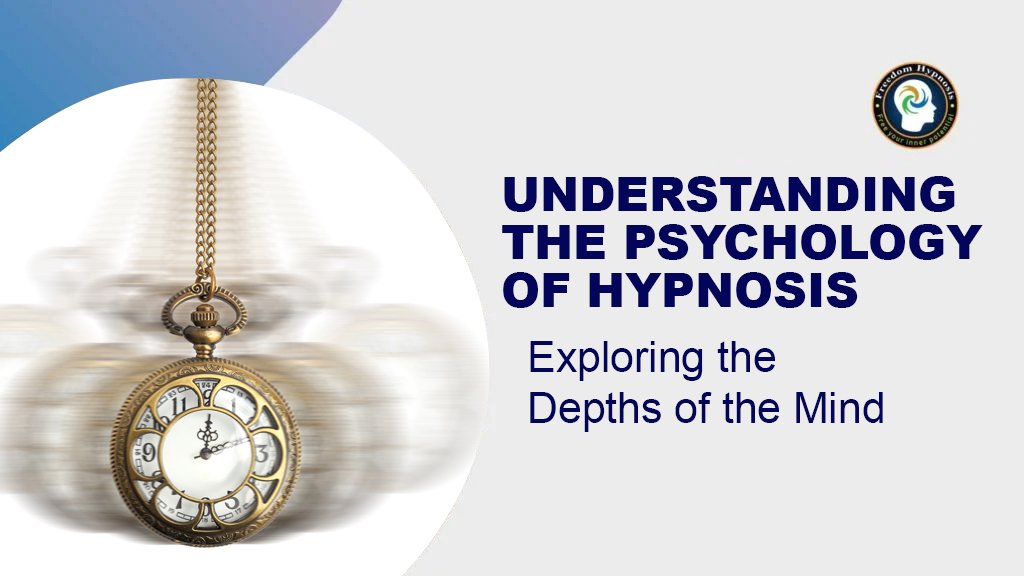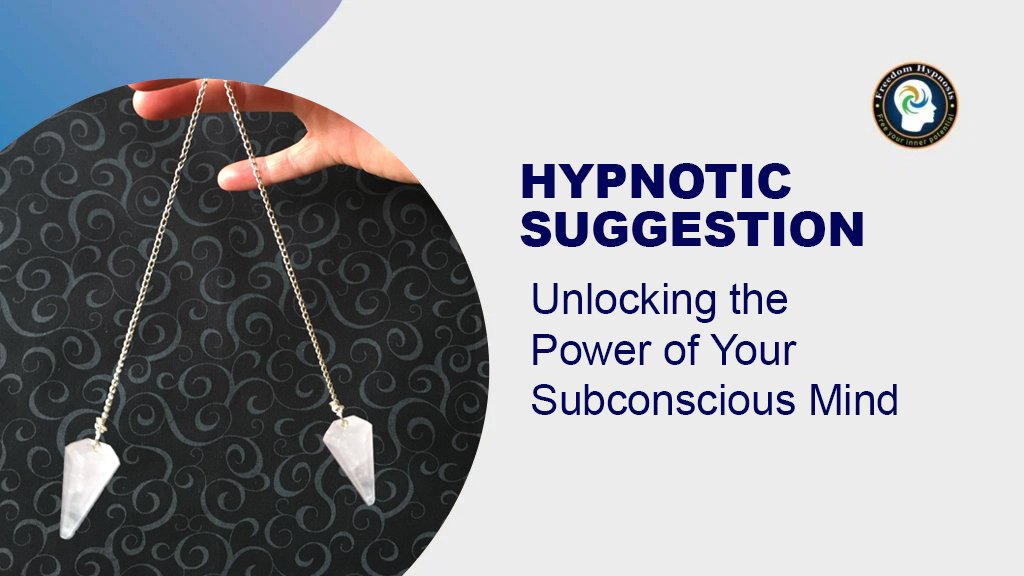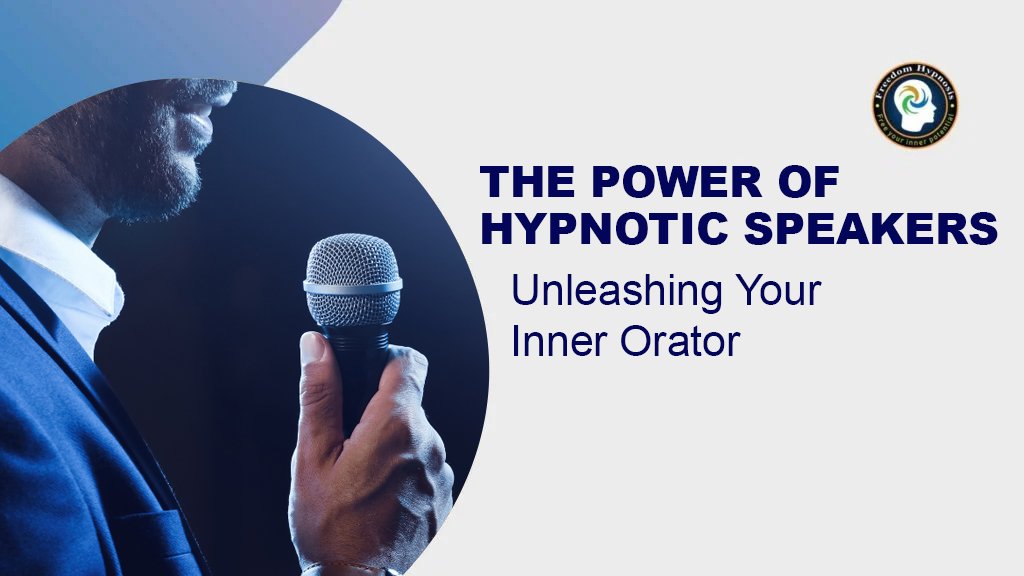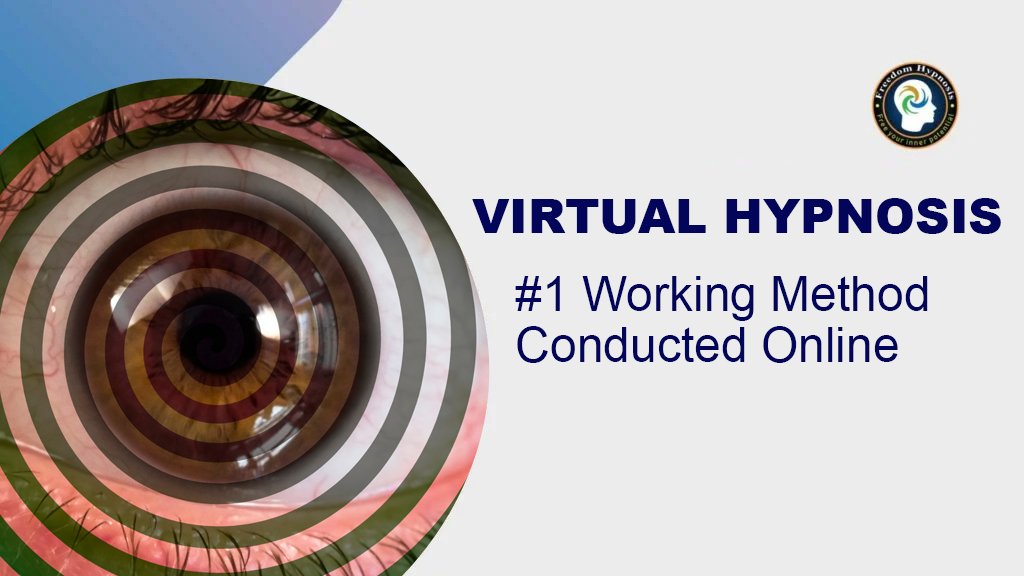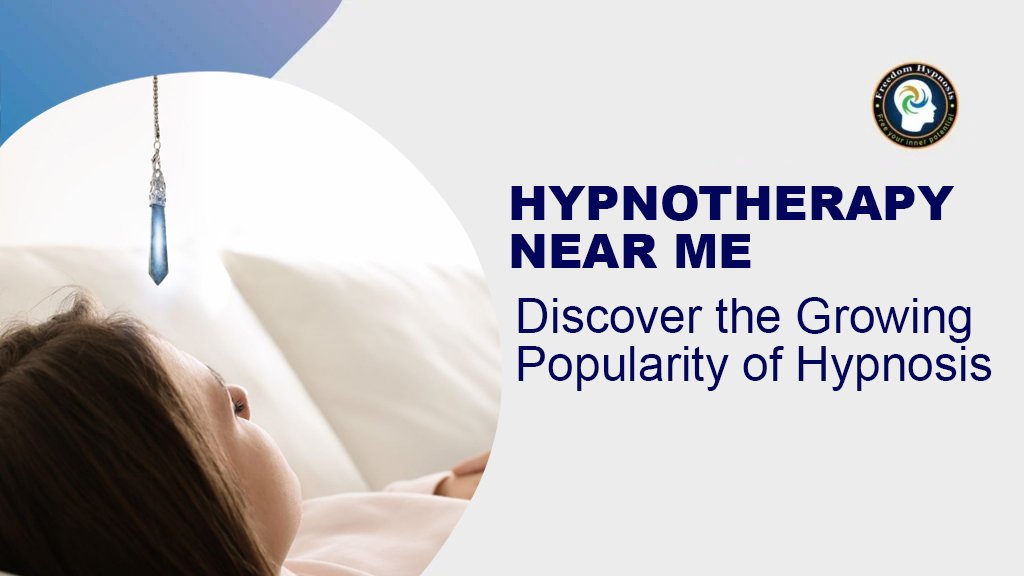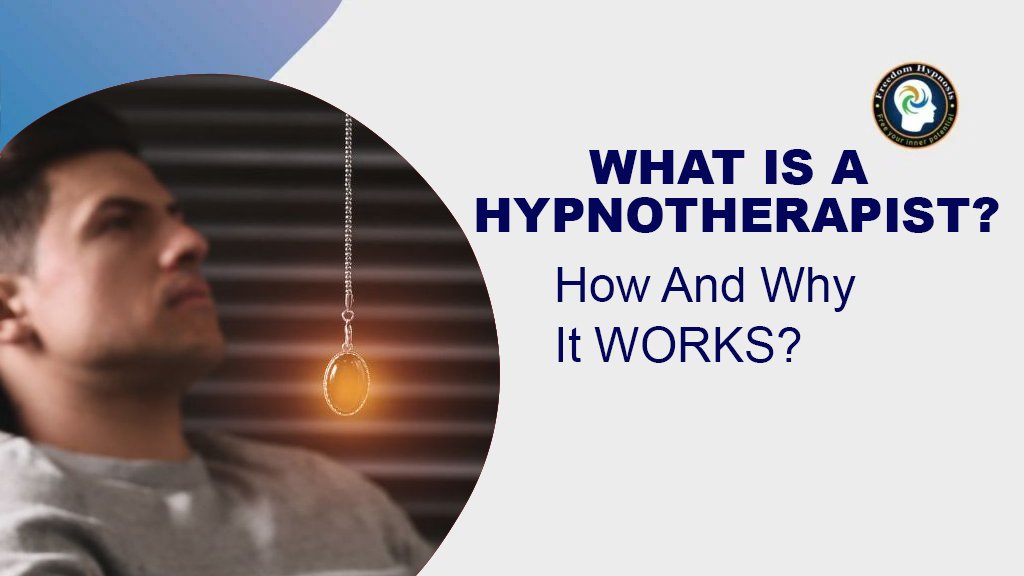
Introduction:
Hypnosis is a practice that has fascinated people for centuries. It has been used for various purposes, from entertainment to therapeutic purposes. Despite its popularity, there still needs to be more clarity surrounding the psychology of hypnosis. Many people believe it is a form of mind control, while others see it as a trick. This article aims to provide a comprehensive overview of the psychology of hypnosis, its benefits, and the science behind it.
What is Hypnosis?
Hypnosis is a state of altered consciousness in which an individual focuses on a specific task or suggestion. It is a practice that has been used for thousands of years and studied extensively by psychologists and neuroscientists. During hypnosis, the person’s mind becomes more open to suggestions, making it easier to change their thoughts, feelings, and behaviors. While the exact mechanism of hypnosis is not fully understood, it is thought to involve changes in brain waves and activity in the limbic system, which is responsible for emotions and motivation. Hypnosis has several applications, from clinical hypnotherapy to sports performance and creativity enhancement.
The History of Hypnosis
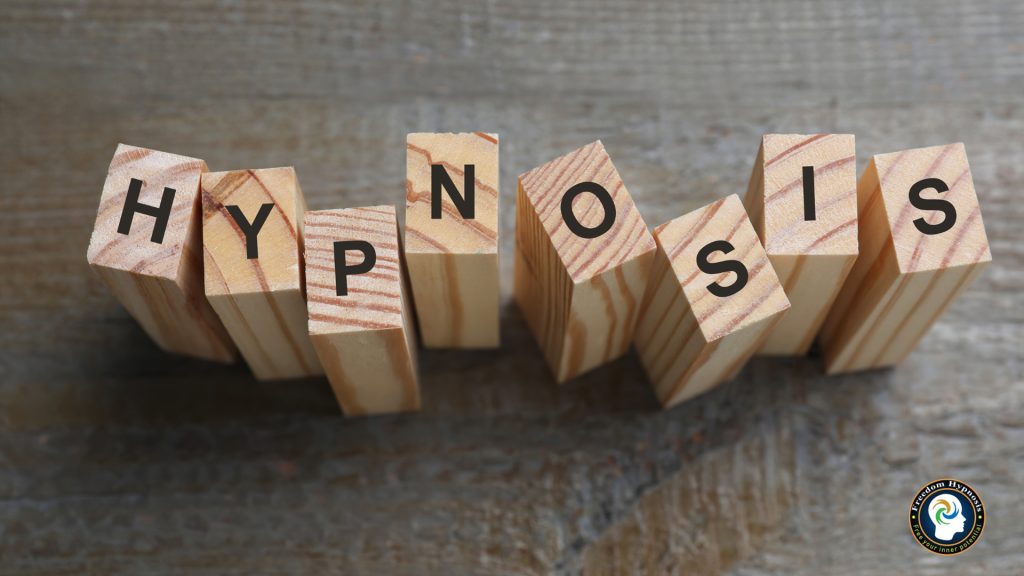
The practice of hypnosis has a long and fascinating history, dating back thousands of years. Ancient cultures such as the Egyptians and Greeks used hypnotic-like techniques for healing. Ebers Papyrus, an ancient Egyptian mentions hypnosis in medical text dating back to around 1550 BC. The Greeks also used hypnosis in their healing practices, with famous physician Hippocrates writing about it in the 4th century BC.
In the 18th century, a physician named Franz Mesmer introduced a form of hypnosis known as mesmerism, which involved using magnets to induce a trance-like state in patients. Mesmer’s practices were controversial and ultimately discredited, but his work paved the way for the development of modern hypnosis.
In the 19th century, Scottish physician James Braid coined the term hypnosis and began exploring the practice’s psychological and physiological aspects. Braid believed that hypnosis was a form of self-induced trance and could be used to treat various conditions.
The 20th century saw a surge of interest in hypnosis, with numerous psychologists and medical professionals exploring its potential applications. Hypnosis is used in various contexts today, including clinical hypnotherapy, sports performance enhancement, and creative expression. While the history of hypnosis is long and varied, it remains an intriguing and often misunderstood practice that continues to capture the imagination of people around the world.
The Psychology of Hypnosis
The psychology of hypnosis is a fascinating subject studied extensively by psychologists and neuroscientists. Hypnosis is a state of altered consciousness in which an individual focuses on a specific task or suggestion. The hypnotic state is characterized by increased suggestibility, decreased critical thinking, and heightened focus and concentration.
One theory about the psychology of hypnosis is the dissociation theory, which suggests that hypnosis involves a split in consciousness between the hypnotic state and the individual’s everyday state of consciousness. This theory suggests that during hypnosis, the individual’s attention is focused on a particular stimulus or suggestion, while other aspects of their consciousness are suppressed or dissociated.
Another theory about the psychology of hypnosis is the social-cognitive theory, which suggests that hypnosis is a form of social influence. According to this theory, hypnosis works because the hypnotized individual expects it to work and because they are highly motivated to comply with the hypnotist’s suggestions.
Despite ongoing debate about the exact mechanism of hypnosis, research has shown that it can have a variety of therapeutic applications. Clinical hypnotherapy has been used to treat various conditions, including anxiety, depression, phobias, and chronic pain. Hypnosis has also enhanced sports performance, boosted creativity, and improved learning and memory.
Overall, the psychology of hypnosis is a complex and fascinating subject that continues to be explored by researchers and practitioners around the world. While much remains to be discovered about the exact mechanisms of hypnosis, it is clear that it has significant potential as a therapeutic tool and a means of enhancing human performance and well-being.
The Benefits of Hypnosis

Hypnosis is a practice that has been used for centuries and has numerous potential benefits. While the benefits of hypnosis are varied, and not all of them have been scientifically proven, here are some of the potential advantages of hypnosis:
- Stress and anxiety reduction: Hypnosis is an effective tool for reducing stress and anxiety. It can help individuals learn relaxation techniques and improve their coping skills, which can reduce feelings of anxiety and tension.
- Pain management: Hypnosis can be used to manage pain, particularly chronic pain conditions. It has the potential to effectively reduce pain in fibromyalgia, arthritis, and other ailments.
- Overcoming fears and phobias: Hypnosis can help individuals overcome fears and phobias. It allows individuals to reframe their beliefs and thought patterns surrounding the object of their fear.
- Improving sleep: Hypnosis can be a helpful tool for improving sleep quality and reducing insomnia. It can help individuals learn relaxation techniques and improve their ability to fall and stay asleep.
- Breaking bad habits: Hypnosis can be used to break bad habits such as smoking, nail biting, or overeating. By helping individuals reframe their thoughts and beliefs surrounding the habit, hypnosis can help break the negative behavior cycle.
- Boosting confidence: Hypnosis can boost confidence and self-esteem. It works by helping individuals to reframe negative beliefs and improve their self-talk.
- Enhancing performance: Hypnosis can be used to enhance performance in areas such as sports, public speaking, and creative expression. By helping individuals focus and reduce anxiety, hypnosis can improve performance in various contexts.
While the benefits of hypnosis are numerous, it is essential to note that hypnosis should always be performed by a qualified and trained professional. As with any medical or therapeutic intervention, it is crucial to consult a healthcare provider before beginning hypnosis.
The Myths Surrounding Hypnosis
Hypnosis is a fascinating and often misunderstood practice. Over the years, several myths and misconceptions have developed surrounding hypnosis. Here are some of the most common myths surrounding hypnosis:
- Hypnosis is mind control: One of the biggest myths surrounding hypnosis is that it is a form of mind control. However, this is not true. During hypnosis, individuals are still in control of their thoughts and actions, and they can choose whether or not to comply with suggestions made by the hypnotist.
- Hypnosis is only effective on weak-minded individuals: Another common myth is that hypnosis only works on weak-minded or easily suggestible individuals. However, research has shown that hypnosis can be effective on individuals of all intelligence levels and backgrounds.
- Hypnosis is a form of sleep: Many people believe that hypnosis is a form of sleep, but it is a state of heightened focus and concentration. During hypnosis, individuals are fully awake and aware of their surroundings.
- Hypnosis is dangerous: Some people believe that hypnosis is dangerous and can cause individuals to behave in ways that are out of character. However, this is not true. Hypnosis is a safe and non-invasive practice that healthcare professionals worldwide use.
- Hypnosis can uncover repressed memories: There is a common belief that hypnosis can be used to uncover repressed memories, but research has shown that this is not the case.
- Hypnosis can cure all ailments: While hypnosis can be a valuable tool for various conditions, it is not a cure-all. It should always be used in conjunction with other treatments and therapies.
It is important to dispel these myths surrounding hypnosis to ensure individuals can make informed decisions about using hypnosis. Hypnosis is a safe and effective tool that can be used to treat various conditions, but it should always be performed by a qualified and trained professional.
The Science of Hypnosis
Hypnosis has been used for centuries, but only in the last few decades has modern science begun to uncover the underlying mechanisms of this intriguing practice. Here are some of the key findings from scientific research on hypnosis:
- Hypnosis is a state of focused attention: When an individual is under hypnosis, they are in a state of concentrated attention. This is characterized by a heightened sense of suggestibility and a reduced awareness of their surroundings.
- Hypnosis involves changes in brain activity: Research has shown that hypnosis can induce changes in brain activity, particularly in the areas of the brain responsible for attention, perception, and memory. These changes in brain activity can help explain hypnosis’s effects on behavior and cognition.
- Hypnosis can reduce pain: One of the most well-established findings in hypnosis research is that it can effectively reduce pain. Studies have shown that hypnosis can activate the body’s natural pain-relief systems and reduce pain perception in various conditions.
- Hypnosis can enhance cognitive function: Hypnosis has also been shown to be a helpful tool for enhancing cognitive function, including memory, attention, and creativity. By inducing a state of focused attention, hypnosis can help individuals improve their cognitive performance in various contexts.
- Hypnosis can alter perception: Hypnosis can change an individual’s perception of reality, time, color, and space. This can be useful for treating conditions such as anxiety, phobias, and post-traumatic stress disorder.
- Hypnosis can change behavior: Finally, hypnosis can change behavior by altering an individual’s beliefs, attitudes, and thought patterns. This can be useful for breaking bad habits, reducing anxiety, and improving self-esteem.
While the science of hypnosis is still evolving, these findings provide valuable insights into the underlying mechanisms of this intriguing practice. As research continues, we will gain an even deeper understanding of the science of hypnosis and its potential uses in various contexts.

The Applications of Hypnosis
Hypnosis has a wide range of potential applications, from treating medical and psychological conditions to enhancing performance in a variety of contexts. Here are some of the most common applications of hypnosis:
- Medical applications: Hypnosis can be a valuable tool for treating various medical conditions, including chronic pain, irritable bowel syndrome, and insomnia. By inducing a state of relaxation and reducing stress, hypnosis can help to alleviate symptoms and improve the overall quality of life.
- Psychological applications: Hypnosis can also treat various psychological conditions, including anxiety, depression, and post-traumatic stress disorder. By helping individuals to relax and access their subconscious mind, hypnosis can be a powerful tool for changing beliefs, attitudes, and behaviors.
- Performance enhancement: Hypnosis can enhance performance in various contexts, including sports, public speaking, and academic performance. By helping individuals access focused attention and relaxation, hypnosis can improve concentration, confidence, and overall performance.
- Self-improvement: Hypnosis can also be used as a tool for self-improvement, such as quitting smoking, losing weight, and improving self-esteem. By changing beliefs and attitudes, hypnosis can help individuals to make positive changes in their lives and achieve their goals.
- Creative applications: Finally, hypnosis can be used to enhance creativity and unlock the subconscious mind. By accessing the deeper parts of the mind, hypnosis can help individuals to tap into their creativity and generate new ideas.
Overall, the applications of hypnosis are wide-ranging and diverse. Whether used for medical, psychological, or performance purposes, hypnosis can be a powerful tool for achieving positive change and improving overall well-being. If you are interested in exploring the potential benefits of hypnosis, it is essential to seek out a qualified and experienced hypnotherapist who can guide you through the process.
Bullet Points:
- Hypnosis is a state of altered consciousness where an individual focuses on a specific task or suggestion.
- Hypnosis has been practiced for thousands of years, and its roots can be traced back to ancient cultures.
- The psychology of hypnosis is based on the principle of suggestion, where the hypnotist suggests a particular behavior or feeling to the client.
- Hypnosis has several benefits, including stress and anxiety relief, pain management, and addiction treatment.
- The myths surrounding hypnosis, such as mind control and the ability to make people do things against their will, are untrue and based on misconceptions.
- The science of hypnosis has shown that it is a natural phenomenon, with changes in brain waves and activity in the limbic system.
- Hypnosis has various applications, from clinical hypnosis to sports performance and creativity enhancement.
Hypnotic Suggestion
Frequently Asked Questions
- Can anyone be hypnotized?
A. Yes, anyone with average intelligence and the ability to concentrate can be hypnotized. - Is hypnosis dangerous?
A. No, hypnosis is not harmful, and patients always control their actions. - How long does a hypnosis session last?
A. A typical hypnosis session lasts between 30 and 60 minutes.
To Conclude
In conclusion, the psychology of hypnosis is a fascinating and complex topic with a long history of use and a growing body of scientific research. While there are still many unanswered questions and areas of debate, we now know that hypnosis can induce a state of focused attention, alter perception and behavior, and have a wide range of applications, from medical and psychological treatment to performance enhancement and self-improvement.
As research in this field continues, we will gain an even deeper understanding of the underlying mechanisms of hypnosis and its potential uses in various contexts. Whether seeking relief from a medical or psychological condition, looking to enhance your performance, or simply curious about the potential of hypnosis for self-improvement, it is essential to seek a qualified and experienced hypnotherapist who can guide you through the process safely and effectively. With the proper guidance, hypnosis can be a powerful tool for achieving positive change and improving overall well-being.

